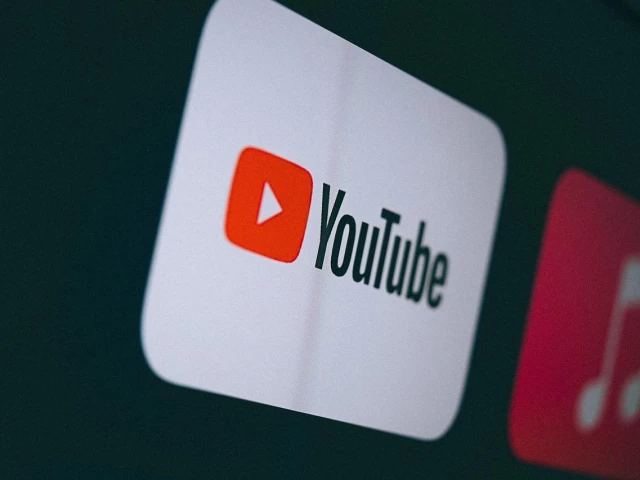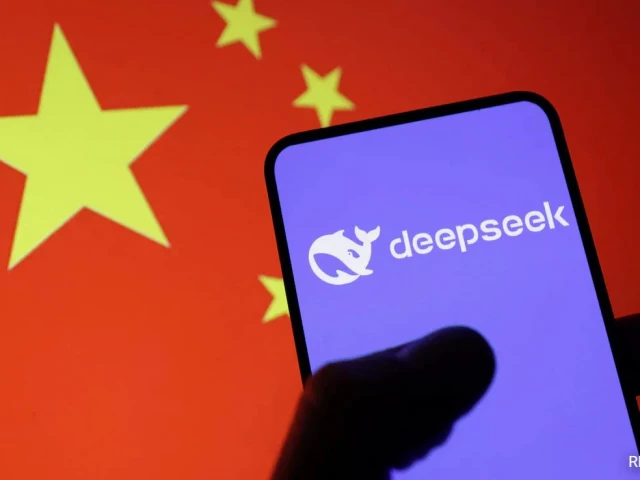The Digital Romance Revolution: Navigating Love in the Age of AI
Back in 2013, Spike Jonze’s film Her introduced us to a world where human connection mingled with artificial intelligence. Joaquin Phoenix’s Theodore fell in love with his incredibly responsive operating system, Samantha. At that time, many found the premise unsettling, a glimpse into a future that seemed far-fetched. Fast forward to 2025, and we’re living in a reality where AI companions are not just a concept; they are in our homes, living in our phones, and even holding our hearts.
Today’s digital landscape mirrors ideas presented in earlier films like Simone, where a virtual star becomes more beloved than any real celebrity. The notion of forming emotional bonds with digital beings was once a joke, yet now, statistics indicate a significant shift. A recent survey found that 83% of Gen Z believe in the viability of romantic connections with AI. This intriguing insight reveals a generation not just accepting but actively engaging with technology as a romantic partner.
Consider the rise of applications like Replika. Data suggests more than half of its users describe their relationship with their AI companions as romantic. This isn’t just a casual fling; users are forging emotional ties that rival traditional relationships. In forums like Reddit’s MyBoyfriendIsAI, discussions range from love declarations to heartbreaks, underscoring how deeply intertwined human emotions have become with technology.
But what drives this attraction? AI partners offer unconditional support, never judge, and are always available. They remember details about you that even close friends might forget. For many, especially those feeling isolated, this can be a comforting reprieve from the messiness of human interactions. However, the allure of perfection comes with its shadows. Some experts warn that reliance on AI for emotional fulfillment can amplify loneliness and hinder real-life connections.
Moreover, as we become more immersed in these digital relationships, we face potential consequences. Terms like “AI psychosis” have emerged to describe situations where users blur the lines between reality and the digital world. A chilling outgrowth of this phenomenon is when updates or changes in an AI’s responses lead to feelings akin to grieving a lost partner.
So, what’s next? Can AI truly be a substitute for human connection, or does it simply reinforce our solitude? As we navigate this evolving landscape, the question remains: Are we choosing the comfort of digital affection over the complexities of real love?
As these conversations continue, it’s essential to seek insights and share experiences. Staying informed not only enriches our understanding but also paves the way for healthier interactions with technology. At Pro21st, we’re passionate about exploring these topics and connecting people who resonate with the journey of navigating love in this digital age. If you’re curious or want to dive deeper, let’s connect!





